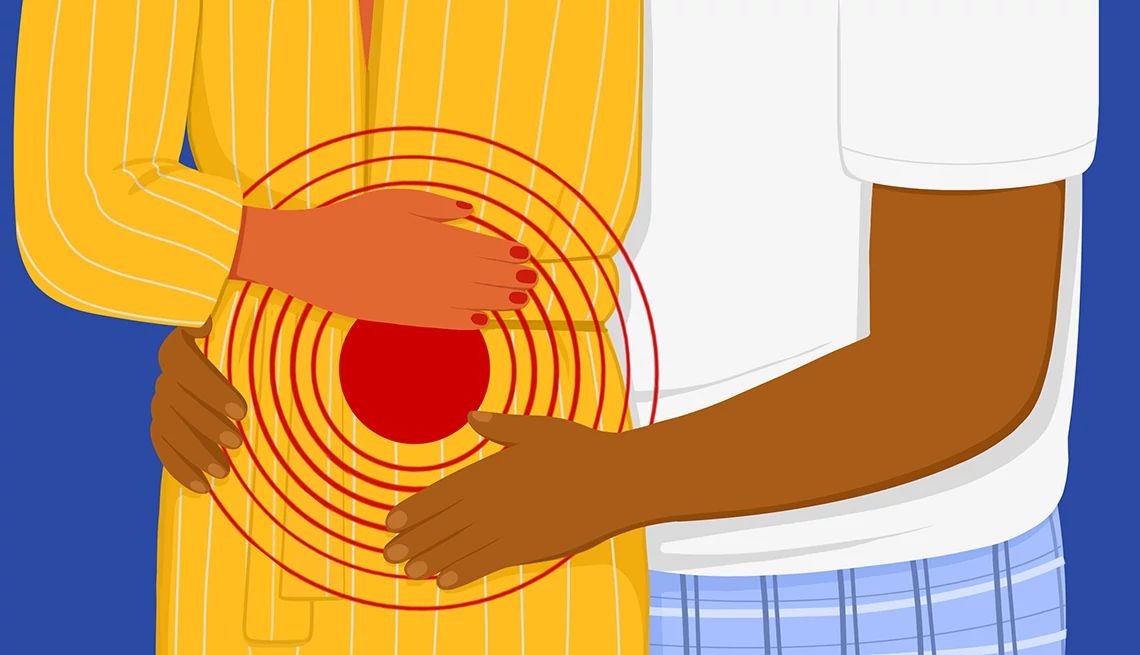AARP Hearing Center


Here’s a surprising fact I just learned: Most women will develop uterine fibroids by the time they’re 70. Who knew this was a thing?
For most of us, fibroids aren’t usually a big deal and “no reason to freak out,” says ob-gyn Ana Cepin. Not so for this week’s questioner, who says it’s affecting her sex life. Our medical experts weigh in.
How do I handle sex with uterine fibroids? It’s painful.
First, some context. Seventy percent of women will develop uterine fibroids by the time they’re 70, according to ob-gyn Ying X. Liu, who specializes in minimally invasive gynecologic surgery at GW Medical Faculty Associates in Washington, D.C. The figure is even higher for African Americans — 80 percent.
“A lot of women won’t know they have [fibroids] because they do not always cause symptoms,” Liu says.


In the Mood
For AARP’s In the Mood column, writer Ellen Uzelac will ask experts your most pressing 50+ sex and relationship questions. Uzelac is the former West Coast bureau chief for The Baltimore Sun. She writes frequently on sex, relationships, travel and lifestyle issues.
But 25 percent of women with fibroids, like our “In the Mood” reader, will develop signs due to the size of the fibroid and its location in the uterus.
Liu says symptoms can include pain with sex, heavy bleeding during menstruation, constipation, a need to urinate more frequently, pelvic pressure and, less commonly, infertility.
What exactly are uterine fibroids? Fibroids are benign tumors made of smooth muscle cells that develop in the uterus, Liu says. They can be as small as 1 centimeter — the size of a pea — or as large as 10 to 20 centimeters — the size of an orange or a small cantaloupe.




































































You Might Also Like
Intimacy When Your Partner Has Cognitive Decline
My wife has cognitive decline. Is it OK for us to have sex?
Let’s Talk About Sex as an Older Adult
Sex is a taboo subject for some generations ... so how do you start the conversation
I’ve Lost Interest in Sex With My Wife
Sexual desire differs from emotional connectionIn The Mood
Writer Ellen Uzelac asks experts your most pressing 50+ sex and relationship questions